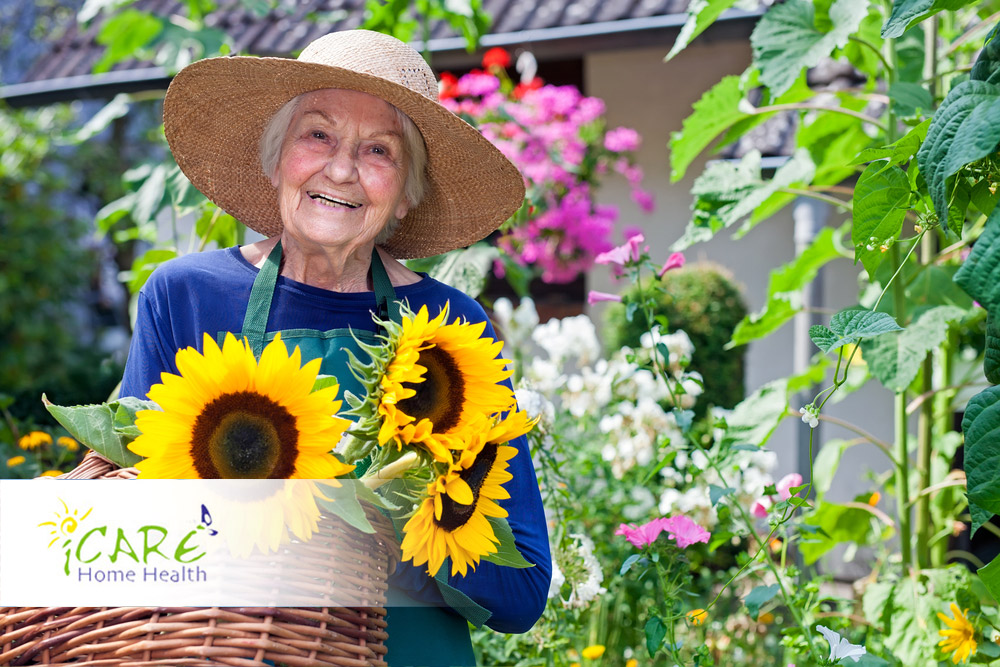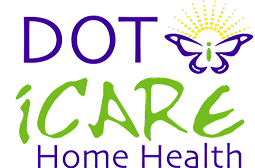Beat the Heat – Summer Care Tips for Seniors

Although it took its time arriving, the summer has proven to be nothing less than amazingly hot here in the Northern Hemisphere. Record heat waves have kept us in air-conditioned environments. Although the air conditioning is necessary to escape the heat, seniors are warned to stay out of the direct air flow to avoid catching respiratory infection.
Seniors are especially vulnerable in these conditions and should be monitored regularly to be sure they are keeping hydrated and staying cool. Especially, those with chronic illness such as breathing difficulty or heart conditions. Heat stroke is very dangerous and can cause long-term damage to the brain.
To protect yourself and loved ones in your care this summer during these intense heat waves, follow these tips:
- Drink plenty of water! – Sweating removes important minerals from the body. Avoid caffeinated drinks and alcohol and opt for water instead. If you are taking medication that limits your fluid intake, be sure to ask your Doctor what the limits are and replenish your fluids with alternatives such as ice cubes, cold fruit to quench thirst as fruit has a high water content. Regular water intake also hydrates the brain, which is helpful in keeping dementia at bay.
- Make meals that don’t require an indoor heat source if possible – instead have salads, fruits, raw vegetables or use an outdoor barbeque.
- Stay indoors where its cool – Share your home with someone if you know they do not have air conditioning or offer to take them to a public place to cool off – the public library/pool, or shopping mall. A cool shower or bath is also effective at lowering body temperatures. Keep curtains and windows closed during the hottest part of the day. If safe to do so, open windows at night to capture the cool air inside.
- Wear light clothing and sunscreen – Seniors typically are sensitive to temperatures and are often chilly when we are not. Choose lightweight clothing and always have a hat on when outdoors as well as sunscreen! A cool damp towel applied to the back of the neck or running your wrists under cool water is an effective method to lower body temperature.
- Plan activities early in the day – If you have to be outdoors, do so in the early part of the day and stay indoors until early evening. Seniors with gardens to tend to often don’t realize how long they have been outdoors puttering in the heat of the mid day sun.
- Notice the signs of heat related conditions – Dizziness, fainting, headache, nausea/vomiting, confusion, rapid heartbeat or breathing, extreme thirst, decreased urination especially if urine is dark in color, swelling of hands/feet/ankles, muscle cramps, fainting or exhaustion. These are signs you should immediately move to a cool place and drink liquids and rest. Heat stroke is serious and requires medical attention.
Be safe and enjoy what’s left of the summer temperatures; it will be winter before we know it!

